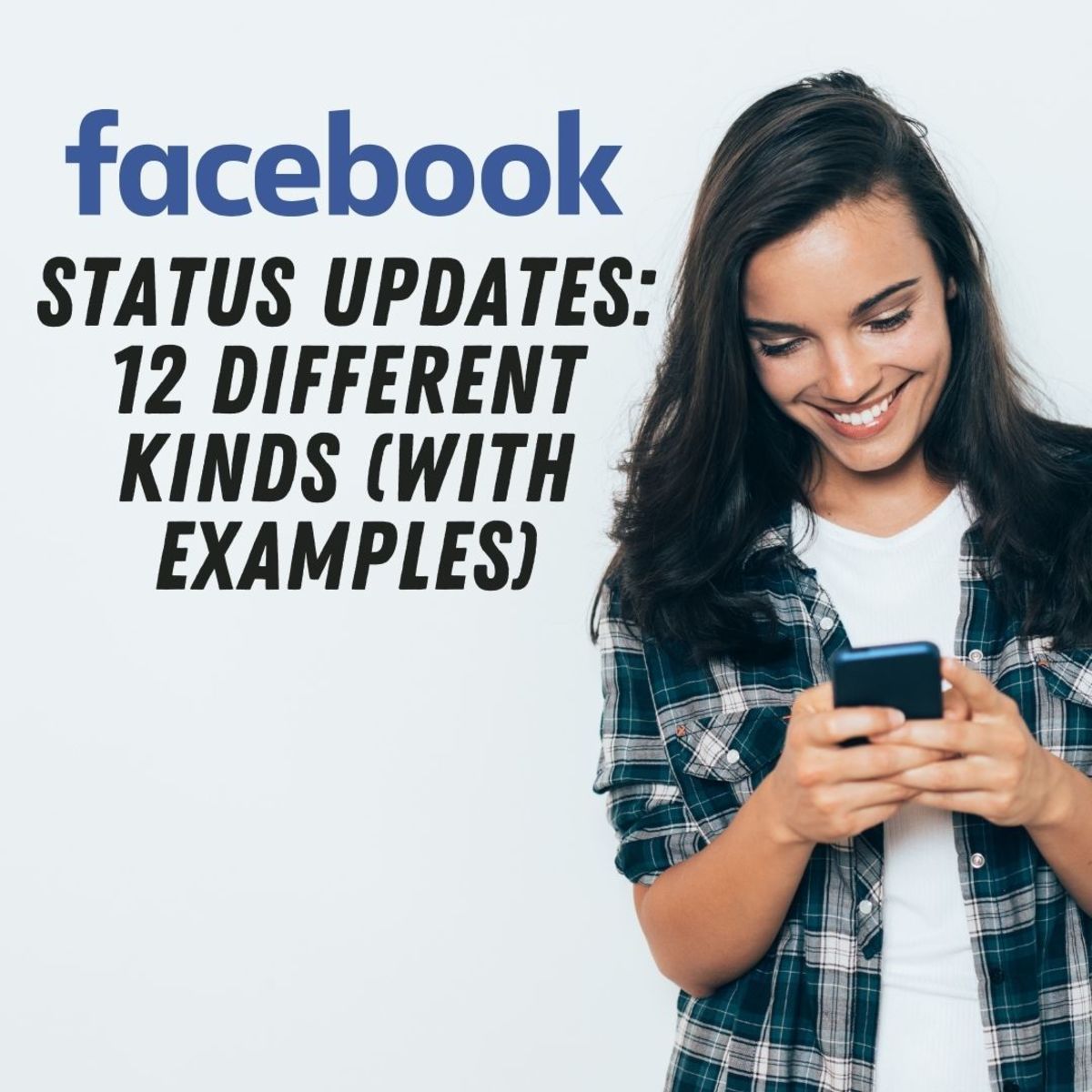- HubPages»
- Technology»
- Internet & the Web»
- Social Networking»
Facebook Relationship Visibility

Impression Management
People seem to project behaviors of insecurity in social media that are more notable in how it relates to one’s personal life. “Attachment theory has been used to understand differences in people's responses to relationship threats” (Muise, Christofides & Desmarais, 2014, para 10). The term anxious attachment was discussed in these articles in how it related to two behaviors, jealousy and how a person shows their relationship off to the world, known as relationship visibility.
People tend to have a need to manage the presentation of their relationship to friends and family. Facebook assists with this impression management by allowing a person to shape their relationship through profile pictures, posted relationship statuses, mentioning one’s partner in a status update, or announcing their engagement. Self-concept is tied into a relationship, hence people include aspects of their partners and the relationship than shows how the self is presented to others. People tend to manage the positive aspects of their relationship and conceal the more negative aspects (Lydia et al., 2014). Gender differences lean towards these behaviors being more apparent in females than males.
People who exhibit insecurity or anxious attachment may be more prone to identify with some of the more augmented Facebook type behaviors. Jealousy can provoke stalking and misinterpretation of what is perceived as innocent post by their partners. It is clearly unhealthily to manage the relationship through Facebook; open communication is always best. Half the time people do not know who or what is being referred to in a status update and the potential for misinterpretation could lead to unwarranted arguments. “In other words, insecurely attached individual's behavior appears to produce the rejection that they expect.” (Lydia et al, 2014, p. 1467). If you go looking for it, you just may find it.
Don't Let Facebook Ruin Your Relationship!
References
Lydia, E. F., Muise, A., Dix, E. L., & Le, B. (2014). Can you tell that I'm in a relationship? Attachment and relationship visibility on Facebook. Society for Personality and Social Psychology, 40(11), 1466-1479. doi:10.1177/0146167214549944
Muise, A., Christofides, E. and Desmarais, S. (2014), “Creeping” or just information seeking? Gender differences in partner monitoring in response to jealousy on Facebook. Personal Relationships, 21: 35–50. doi: 10.1111/pere.12014





